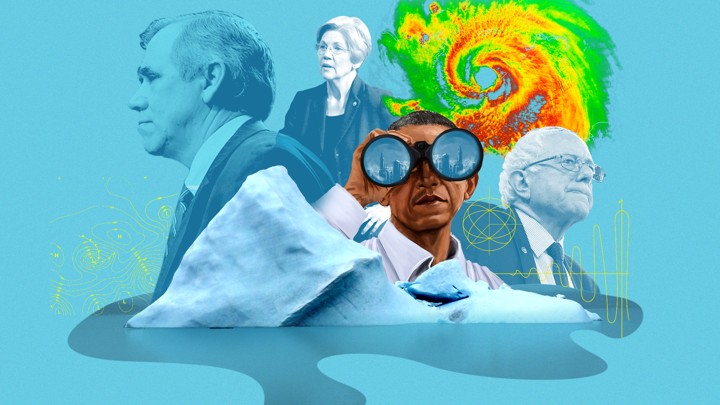
A 21st Century Opium War
In the 2016 season, after Skaggs recovered from Tommy John surgery (ulnar collateral ligament reconstruction), the season average on-base percentage of this young left-hander went down. Moreover, his skill with a curve ball achieved a god-like level. Not only was it 30 kph (approximately 18.6 mph) slower than a four-seam fastball, but it dropped quickly as it neared the plate, confounding many a batter.
Just three months into the start of this year’s season, Skaggs had already nabbed seven wins starting in 15 games and was well on his way to 10 wins. This was his year to shine. With the Angels’ strong hitter Mike Trout, the pitcher and hitter Shohei Ohtani and Skaggs, the top young pitcher, the future was looking bright.
And then he died. On July 1, he was found unresponsive in his hotel room in Texas, where the Angels were visiting, to play the Texas Rangers. Unfortunately, he could not be resuscitated and his short life was over at 27.
An accident like this came as a shock for teammates and fans. The league suspended games, and the Angels held a memorial in his honor. In retrospect, this is all a bit awkward, because a few weeks ago, an autopsy was released indicating that drugs were the cause of death. Skaggs’ family believes that the team may have been responsible, and they have already hired an attorney in preparation for a lawsuit.
What kind of drugs can take such a young and strong life so easily? According to the autopsy, before he died, Skaggs ingested fentanyl and oxycodone, and after vomiting which was induced by alcohol, Skaggs suffocated while he was unconscious. There are too many similar events like this in recent years to count: rock star Prince three years ago, lead singer of the Heartbreakers, Tom Petty, two years ago, and rapper Mac Miller last year.
Fentanyl and oxycodone are opioid analgesics, the same substances that Imperial Commissioner Lin Zexu burned at Humen, an event that eventually resulted in the Treaty of Nanjing. The difference in the drugs 200 years later − and the scariest aspect of the drugs − is that modern opium is no longer a natural product. Instead, it’s synthetic, which has lowered its production cost greatly.
The impact of synthetic opioids stems from both legal and illegal factors. Because fentanyl is cheap, drug dealers mix it into heroin, thereby making huge profits. Most illegal fentanyl is produced in China. Even the Mexican drug lords who dominate the U.S. market must rely on these imported raw materials. Therefore, the Donald Trump administration has made this a core issue of the U.S.-China trade war, hoping China will implement anti-drug policies.
However, accidents like the ones which killed Skaggs and Prince can’t be blamed on China, because both men legally obtained American drugs prescribed by a doctor. These powerful painkillers are 10 times stronger than morphine and were designed for use after major surgery or by end-stage cancer patients. The abuse began after they were promoted by pharmaceutical companies. Patches, sprays and even lollipops have been found to contain fentanyl.
Skaggs was a professional. Playing after taking opioids to manage pain is a closely held secret that cannot leave the stadium, and his death can only be mourned as a tragedy. However, from the examples of other celebrities, we know many people actually use fentanyl to relieve daily stress. As in the time of the Daoguang Emperor during the Qing dynasty, “[opium use] can be found everywhere, from the literati and officials, to the peddlers and servants.” Nearly 50,000 people in the U.S. die from synthetic opioids each year. Although both federal and state governments have filed lawsuits against the pharmaceutical companies, the lives that have been lost cannot be recovered.
The opium war has begun again in the 21st century, and who knows when it will end. The most heartbreaking aspect is that what has been lost in this battle is already too much.
The author is a sports writer and author.


